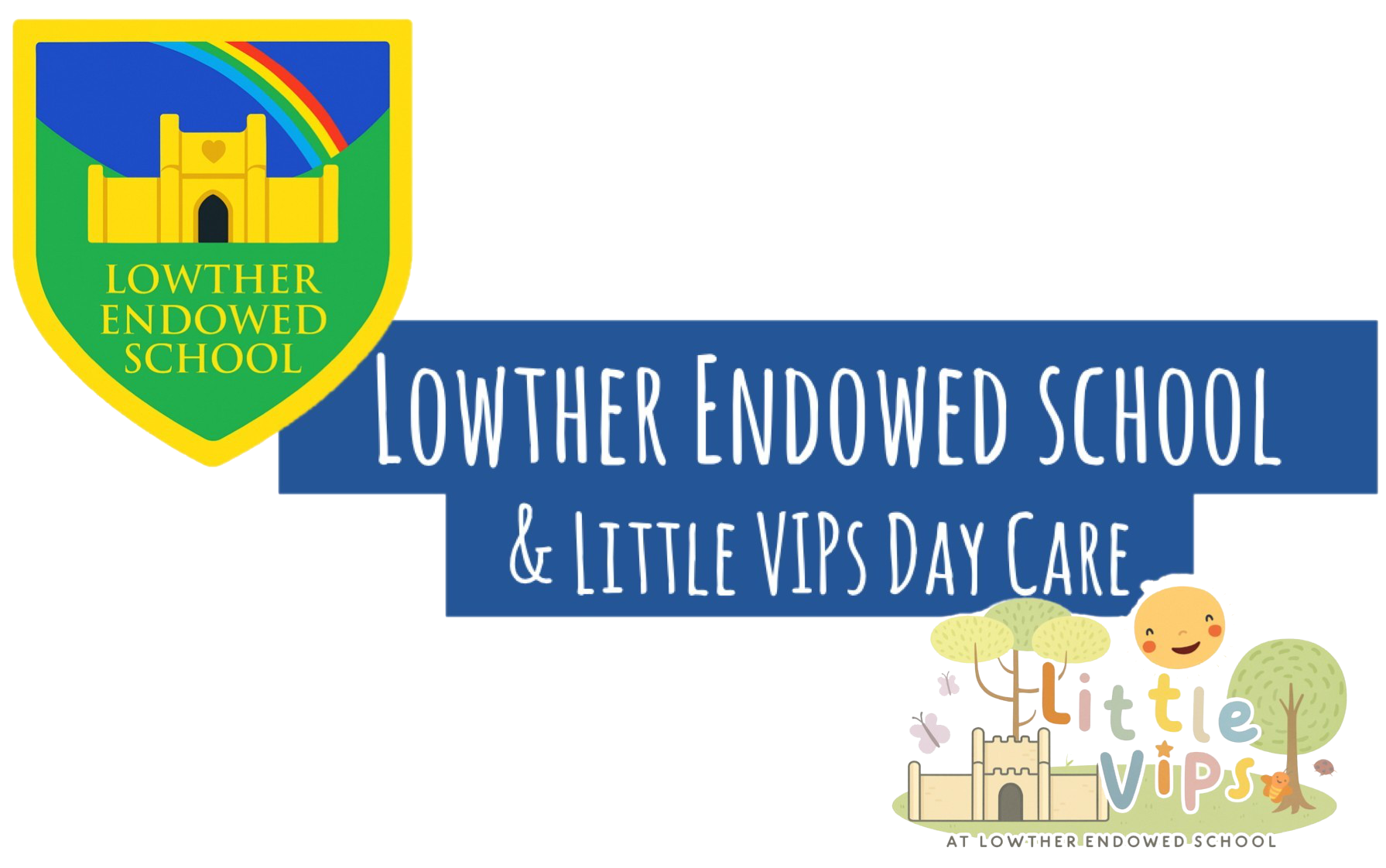Music
Music at Lowther Endowed School is a vibrant and integral part of our curriculum, designed to inspire creativity, self-expression, and a lifelong appreciation of diverse musical traditions. We believe music supports children’s emotional well-being, cultural understanding, and cognitive development. Through active participation in listening, composing, performing, and evaluating, pupils develop essential skills and confidence while enjoying a rich variety of musical experiences.
Intent
Our Music curriculum aims to:
-
Develop pupils’ knowledge of different musical styles, genres, and traditions from around the world and across history.
-
Foster creativity and imagination through composing, improvising, and performing music.
-
Build technical skills in singing, playing instruments, and using music technology.
-
Encourage active listening and critical appraisal to deepen understanding and appreciation of music.
-
Support social and emotional development through collaborative music-making and shared experiences.
-
Promote confidence and communication skills by providing performance opportunities in school and community settings.
Implementation
-
Music lessons are planned progressively to develop skills in singing, rhythm, pitch, dynamics, tempo, and notation.
-
Pupils explore a broad repertoire including classical, folk, contemporary, and world music to appreciate cultural diversity.
-
Practical music-making is central, with opportunities to play instruments, use voices, and experiment with digital tools.
-
Regular ensemble and choir sessions promote teamwork and social skills.
-
Cross-curricular links enrich learning, such as connecting music with history, English, and art.
-
Specialist music teachers and visiting musicians enhance provision and expertise.
-
Performance opportunities, including assemblies, concerts, and community events, build pupils’ confidence and pride.
-
Technology is integrated through apps and software for composing and recording music.
Impact
-
Pupils develop strong musical skills, including confident singing, rhythmic accuracy, and instrumental proficiency.
-
Children demonstrate creativity and originality in composing and improvising.
-
Pupils show an understanding and appreciation of a wide range of musical traditions and contexts.
-
Collaborative music activities improve communication, listening, and teamwork skills.
-
Performance experiences boost self-esteem and presentation skills.
-
Pupils leave Lowther with a positive attitude toward music and a foundation for further musical learning.
Cultural Capital in Music
Our Music curriculum enriches pupils’ cultural capital by:
-
Exposing children to diverse musical styles and traditions, broadening their cultural awareness and appreciation.
-
Providing experiences of music from different historical periods and global cultures, fostering respect and curiosity.
-
Offering opportunities to participate in local and national musical events, connecting pupils with the wider community.
-
Developing transferable skills such as discipline, creativity, and collaboration, valuable across all areas of life.
-
Encouraging exploration of music technology, equipping pupils with modern digital literacy.
-
Celebrating festivals and cultural events through music, strengthening pupils’ understanding of cultural heritage.
What does Music look like in EYFS .....
In EYFS, music is integrated into daily routines and play to support early musical development through:
-
Singing a variety of nursery rhymes, songs, and chants to develop pitch, rhythm, and language skills.
-
Exploring sound and rhythm using simple percussion instruments and body percussion (clapping, tapping).
-
Encouraging movement and dance to music to develop coordination and expressive skills.
-
Listening to different styles of music and talking about what they hear, fostering attentive listening and vocabulary.
-
Using music in imaginative play and storytelling to enhance creativity and communication.
-
Opportunities for children to experiment with creating their own sounds and patterns.
-
Celebrating special occasions with music, helping children connect music to cultural and social events.
